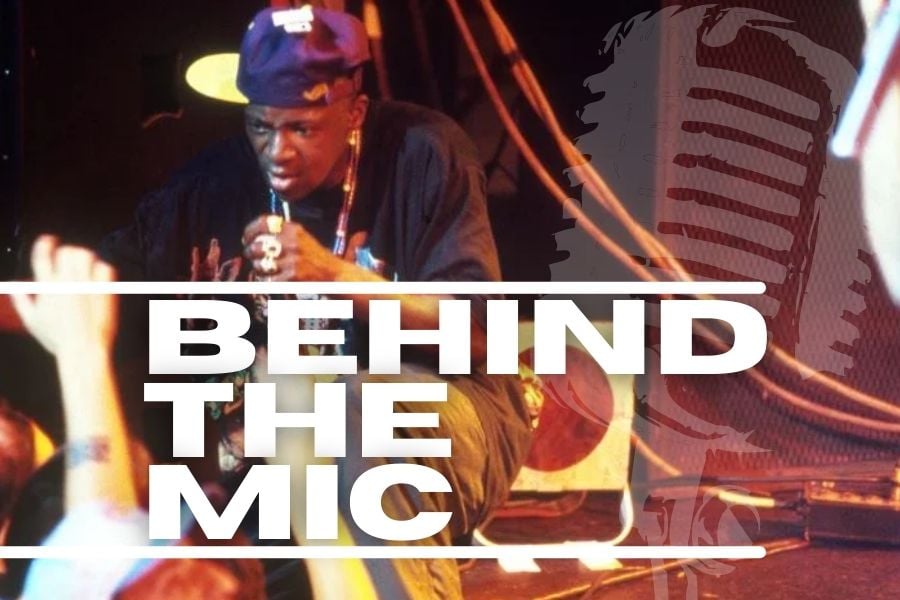Hip hop pioneers Public Enemy are one of the most memorable and influential hip hop collectives in history. Sure, artists like Wu-Tang Clan and N.W.A. may have provided the rap world with more sustainable adulation. Hell, even Brockhampton have a few more barnstorming hits. But Public Enemy traversed the blurred lines of genre and style to deliver one of the greatest protest anthems of all time.
In truth, much of the group’s output over the years has addressed societal issues, especially those relating to racial discrimination. Of all of their powerful songs, ‘Fight The Power’ remains the most important and memorable of their protest-oriented compositions. The group were all too aware of the ongoing struggles experienced by the Black population on the streets of New York City.
In ‘Fight The Power’, Chuck D and the group perfectly reflected the racial tension experienced by Black people on the streets using samples of civil rights exhortations, Black church services, and the music of James Brown. The lyrics, such as: “Cause I’m black and I’m proud/I’m ready and hyped plus I’m amped/ Most of my heroes don’t appear on no stamps,” teem with confidence and pride making it one of the more encouraging and uplifting protest songs of its time while making serious assertions about the social and political landscape of the country.
The song was released at a time when Public Enemy had already started to be a hip hop group that white audiences could connect with. A distaste for authority was all the punk rockers needed to turn their collective attention towards Flava Flav, Chuck D, alongside their searing team of producers known as The Bomb Squad. The group’s powerhouse rhymes and no-holds-barred delivery ensured they would be given a place in the Rock and Roll Hall of Fame.
For many audience members, ‘Fight The Power’ was the first real introduction to the group. The confrontational tone of the song wasn’t only felt in the beats; it also saw Chuck D take shots at white icons such as John Wayne, Bobby McFerrin and Elvis Presley rapping: “Elvis was a hero to most, but he never meant s–t to me”.
The song was composed for Spike Lee’s film Do The Right Thing and has since become one of the best. Spike Lee said of the song: “We knew (‘Fight The Power’) was coming out in the summer of 1989, and in the summertime, there’s always one song in New York that, if it’s a hit, you can hear everywhere: on the subway, cars, coming out of people’s houses. I wanted this song to be an anthem that could express what young black America was feeling at this time. Around this time, New York City under Mayor Ed Koch was racially polarized, and I wanted this song to be in the film.”
Chuck D explained the song and samples to Keyboard magazine in 1990: “We approach every record like it was a painting. Sometimes, on the sound sheet, we have to have a separate sheet just to list the samples for each track. We used about 150, maybe 200 samples on Fear of a Black Planet. ‘Fight the Power’ has, like, 17 samples in the first ten seconds. For example, there’s three different drum loops that make one big drum loop: One is a standard Funkadelic thing, another is a Sly thing, and I think the third one is the Jacksons. Then we took some sounds from a beatbox. The opening lick is the end of a Trouble Funk record, processed with doubling and reverb. And the chorus is music going backwards.”
It’s one of Public Enemy‘s greatest songs and it is undoubtedly a protest anthem to this day. Listen below to ‘Fight the Power’.
